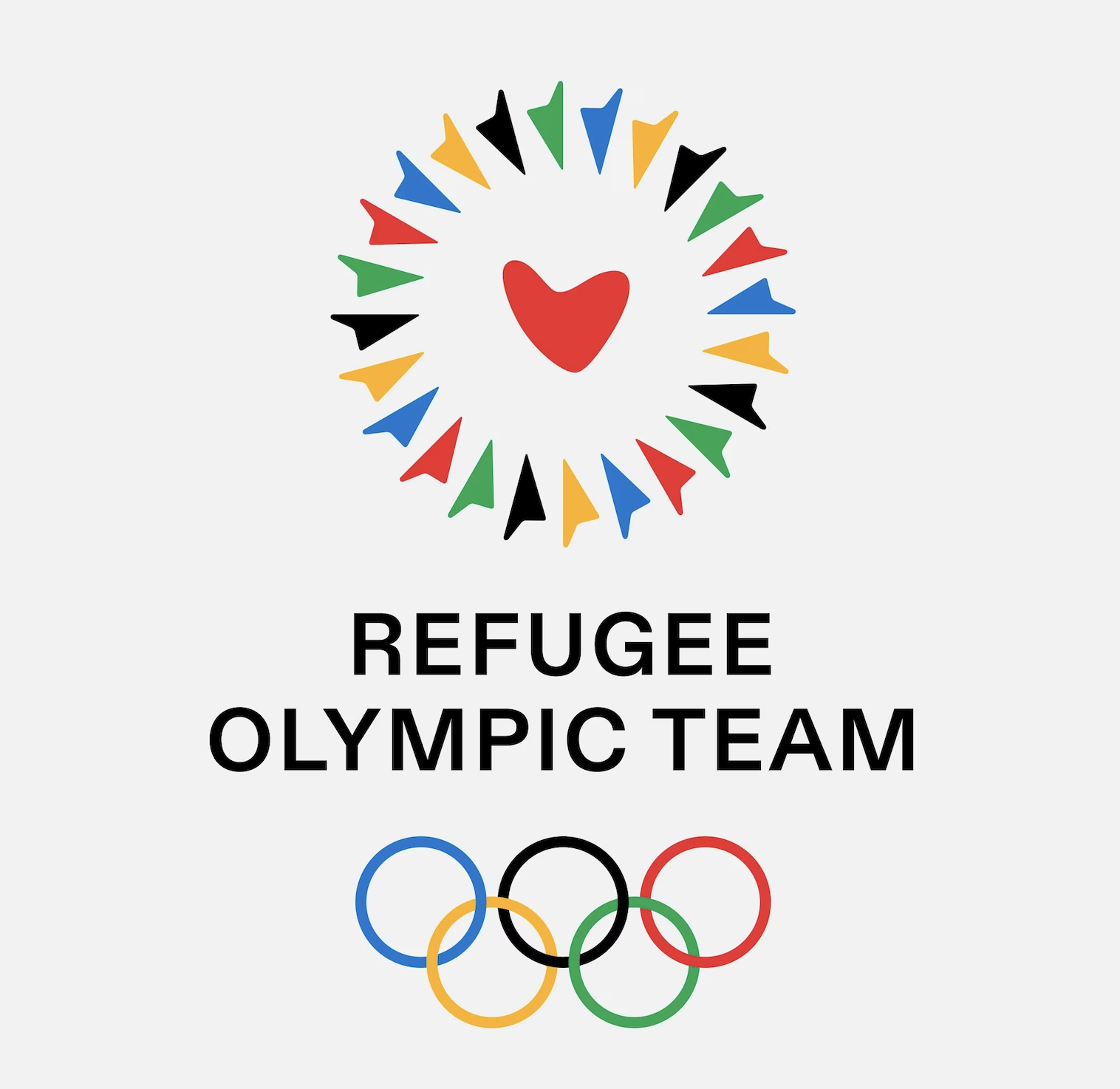The Hope of Nations
But what happens when you’re an Olympian without a country? What happens when the place you call home can no longer be home because of war, death, famine? What then? Does all the blood sweat and tears that you dedicated your life towards; being disciplined in training, confident that as long as you can compete you can win, does that all just go away? This is the reality many displaced citizens felt in the 2016 Summer Olympics in Rio when the Refugee Olympic team was formed.
According to the United Nations High Commissioner for Refugees (UNHCR), over 65 million people were forcibly displaced worldwide that year (2016) and a third of them (22.5 million people) were refugees. If you don’t already know, all of these individuals were forced to leave or flee from either their homes or homeland due to persecution and/or war. The process of fleeing for refugees (known as the flight) involves leaving behind family, enduring the worst possible travel conditions, and running the risk of being robbed, trafficked, and worse, being caught and returned back to the purgatory of their country’s current turmoils.
This would only be a fraction of the hardships to overcome for the refugees with their eyes set on the Olympics. On the other side of making it through the flight, they must meet the challenges of finding refuge, including: housing, dealing with the trauma of the flight combined with the crippling anxiety of being deported, and searching for employment. Amongst the Olympic refugees was Yusra Mardini, who is most notable for, with her sister (Sara Mardini), swimming three hours, pushing a dinghy that broke down amidst their flight, and saving 20 lives. Mardini carried the flag for the 2020 Tokyo Olympics in 2021 and today, she is a Goodwill Ambassador for the UNHCR.
Beyond the flight, Olympic refugees would soon learn of the scrutiny they’d receive by the world about whether they earned the right to be there amongst the Olympians. Many claimed the refugees were given biased or free entry in order to promote watcher’s sympathy toward the “underdogs” of the Olympics. Others would criticize the Olympics themselves and the potential exploitation of the narrative of refugees. A whole other discussion was raised in concerne of who was actually considered a refugee or not. At the end of the day the team was formed and at ten-strong, these athletes, with no family in the stands and no country to represent, stood in solidarity under the Olympic flag.
Cindy Ngamba secured the first-ever medal for the refugee team in the 2024 Paris Olympics, bronze for boxing. The same year, the Paralympic refugee team gained two bronze medals from Guillaume Junior Atangana in men’s 400m T11 in vision impaired sprinter, and Zakia Khudadadi in her Para taekwondo K44 -47kg. In 2016 ten Olympian refugees carried the hopes of over 22 million, symbolizing resilience in the face of adversity. The team has grown from ten members in 2016 (Rio), to 29 in 2020 (Tokyo), and this past year (2024, Paris) with 37 Olympic refugee athletes from eleven different countries. Those 37 carried the hopes and plights of a record 32 million refugees and climbing. The Olympic Refugees continue to inspire and advocate for the well-being of refugees around the world.


Leave a Reply